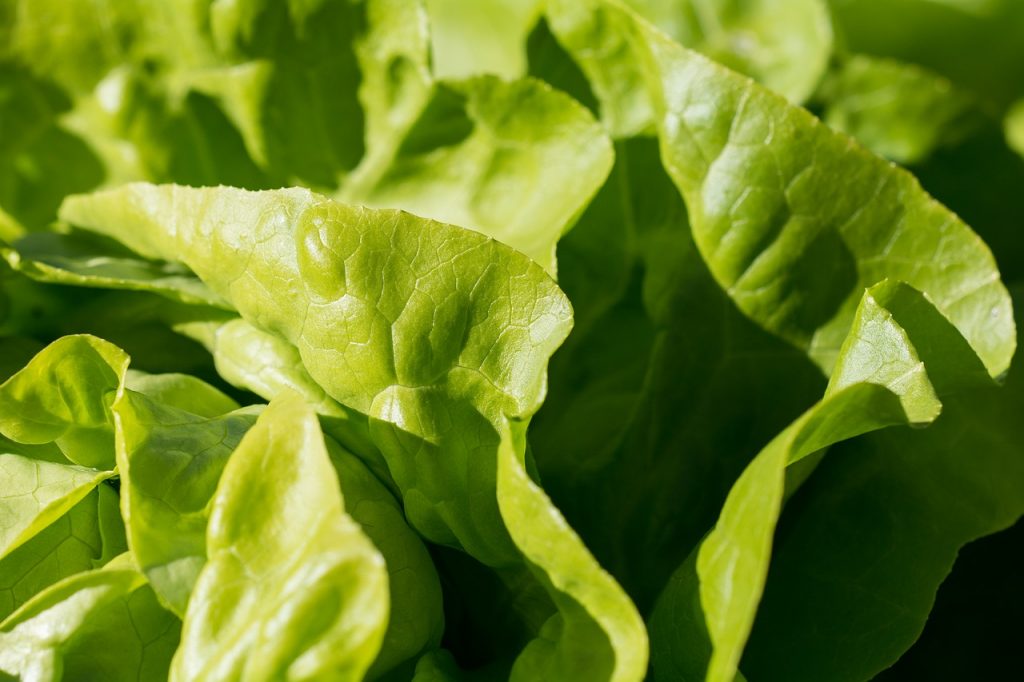All fields are required
Posted in E. coli,Outbreaks & Recalls on May 12, 2018

E. coli is one of the deadliest forms of food poisoning. Once contracted, it can cause kidney failure, seizures, and even breathing problems. Swallowing a small amount of E. coli, even just a bite, can lead to a severe bacterial infection.
So, when a New Jersey Panera Bread restaurant started receiving complaints of E. coliillnesses just last month, it led to a growing concern that there was something really wrong happening. Then, more and more states began to have reports of similar illnesses. Another outbreak linked to romaine was discovered.
The Worst E. coli Outbreak in Over a Decade
The statistics are showing that this is worst E. coli outbreak since 2006, when contaminated spinach from a California farm killed three people and sickened 205 others in 26 states.
As of last week, the outbreak has been spread to over 29 states and has made over 149 people sick. Over 17 people have developed hemolytic uremic syndrome (HUS) as a result of this outbreak. And one person in California has already died. And the case counts only continue to grow. As it takes several days (2-10 days) for E. coli infections to show symptoms and about 2-3 weeks for cases to be reported and linked to an outbreak, it is likely more cases are going to be linked.
The Centers for Disease Control and Prevention have linked this outbreak to contaminated romaine lettuce, grown in the Yuma region of Arizona. But an actual grower linked to the entire outbreak has yet to be found. Only the Alaska cases have been linked to one specific farm – Harrison Farms. The lack of information about a specific source had paralyzed lettuce growers in Arizona and California.
A New Jersey woman has already filed a lawsuit toward Panera Bread. Several other lawsuits have also been filed. Two other restaurant chains have also been linked to the outbreak – Red Lobster and Texas Roadhouse.
Warnings from the CDC
The CDC has warned others: “Before purchasing romaine lettuce at a grocery store or eating it at a restaurant, confirm with the store or restaurant that it is not chopped romaine lettuce from the Yuma, Arizona growing region. If you cannot confirm the source of the romaine lettuce, do not buy it or eat it.”
The CDC has advised the food industry to continue to be vigilant, despite no recall initiation by the Food and Drug Association. The CDC states “Do not serve or sell any romaine lettuce from the Yuma growing region. This includes whole heads and hearts of romaine, chopped romaine, baby romaine, organic romaine, and salads and salad mixes containing romaine lettuce. Restaurants and retailers should ask their suppliers about the source of their romaine lettuce.”
Some companies, like McDonald’s, have voluntarily stopped serving salads in the midst of the outbreak,
How to Know If You Have Been Infected With E. coli
Not all forms of E. coli bacteria are harmful. Most varieties of E. coli are actually very harmless. The nasty strains can cause serious health problems. One type is E. coli O157:H7. If infected, you will suffer severe abdominal cramps, vomiting, and even bloody diarrhea.
Contamination mostly comes from water or food. Raw vegetables need to be checked properly. Undercooked ground beef needs to be cooked properly. If you are very young or a senior citizen, you will be at a greater risk of developing a severe form of kidney failure called hemolytic uremic syndrome (HUS) upon infection. Specific groups of E. coli (STEC E. coli for instance) can damage your small intestine. This turns into a bloody diarrhea.
Here are some examples of ways someone becomes infected with E. coli:
Who Is More at Risk of Developing Serious Health Problems from E. coli?
If you are a young child or an older adult you are more at risk of getting a serious kidney infection. This is because when you are young your body is still developing and when you are old your body is declining in strength. Either can put your immune system at risk.
Your immune system also plays a factor into how well you will be able to take an infection. A weak immune system is more susceptible to falling gravely ill. If you have AIDS, cancer, or take any medications with weakening side effects, there is a higher chance that you can become seriously ill.
By: Sue Giplaye, Contributing Writer (Non-Lawyer)